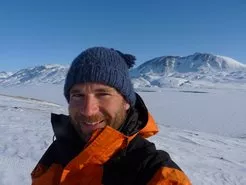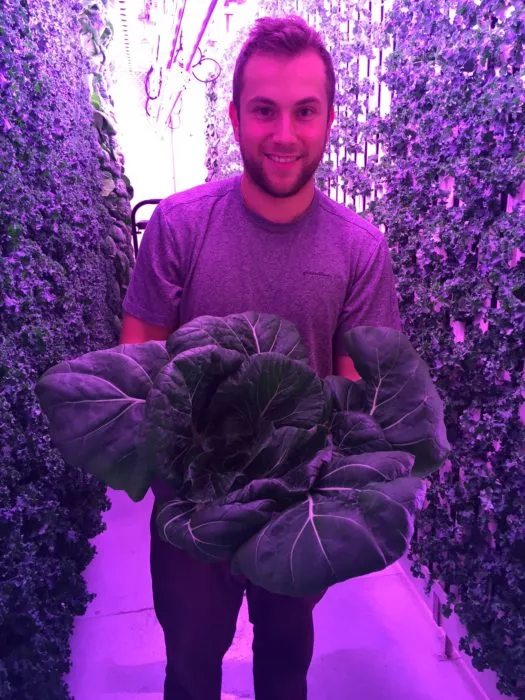Dr. Igor Lehnherr

Dr. Igor Lehnherr is an Assistant Professor for the Master of Science in Sustainability Management program, as well as the Department of Geography. His interests include contaminants in the Arctic, ecosystem metabolism, and climate change impacts on Arctic watersheds.
Current Courses Taught at the University of Toronto
Undergraduate courses:
GGR 227 - Ecosystems and Environmental Change
GGR 406 - Biogeochemistry
GGR 479 - Contaminants in the Environment (Special Topics)
Graduate courses:
GGR 1216 - Advanced Biogeochemical Processes
SSM 1030 - Environmental Science (MSc. in Sustainability Management Program)
SSM 2030 - Directed Studies
Current Research
Climate change impacts on Arctic watersheds
The Arctic is warming at a faster rate than any other region around the globe. Some of the impacts of this changing climate have been well documented, such as the rapidly declining summer sea-ice cover. Igor’s research aims to identify and quantify the impacts of a changing climate on Arctic lakes and watersheds to determine how sensitive (or resilient) these ecosystems might be to climate change. For this research, Igor has teamed up with a group consisting of hydrologists, molecular ecologists and glacier specialists. They are particularly interested at the processes coupling the terrestrial and aquatic compartments of watersheds, asking questions such as 'how do increased melting of glaciers impact lake biogeochemistry and ecology?' Igor and his team look at the impact warming glaciers have on sediment, and how the increase in sediment impacts the foodwebs of organisms in the Arctic. Interestingly, while looking at sediment cores, it was discovered that each layer perfectly represents the global production paths of the past.
Mercury and other contaminants in Arctic ecosystems
Mercury is a contaminant of concern in the Canadian Arctic due to its potential negative health impacts on Arctic indigenous peoples. Igor’s research seeks to determine how and where methylmercury (the toxic form of mercury that is bioaccumulated in foodwebs) is produced, what the environmental controls on net mercury methylation are, and how climate change will affect the exposure of wildlife and people to this toxin. Igor also uses various environmental archives such as sediment cores, ice cores and tree rings to reconstruct past deposition of atmospheric mercury to various Arctic ecosystems and regions. In addition to mercury, Igor works with collaborators to quantify levels and identify transport pathways for various legacy and emerging organic contaminants. It is important to research the toxins within the Arctic foodwebs, as there are many Indigenous peoples there who live off the land, and by ingesting seals or even water that contains contaminants, this can pose health threats.
Students
Kevin Jakiela, MScSM (Class of 2017): Kevin is a student in the MSc. in Sustainability Management at the Institute for Innovation and Management at UTM. His research objective is to use micrometeorological and soil quality measurements to optimize crop yields in geodesic greenhouses built specifically for cold climates. Kevin partnered with the Northern Farm Training Institute in Hay River (NWT) to complete his field work, and as he nears completion of his degree, he looks set to continue working in the area of food security with his startup company Just Vertical, facilitating urban agriculture.
Fun Facts
- One time when camping in the Arctic, a wolf pocked its head inside Igor’s tent, grabbed his shirt then rolled around on it before running off.
- In 2014, Igor went on an exhibition to explore the Franklin Shipwrecks

